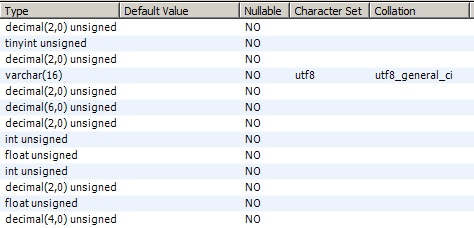Answer the question
In order to leave comments, you need to log in
Why is MySQL access so slow?
I have a c++ console application that takes data from a file and pushes it to MySQL server InnoDB with a query:
"insert into xyz values ('123456789012345',1234,56,78,90,12,34,5678,123456,7,123456, 1.12345)".
This request is spinning inside the while.
One record is 15 fields for 65-70 bytes.
I connect via c++ connector v.1.1.0 x64, mysql server 8.
When the database was on SSD, I wrote about 1000 records/sec. those. about 68 kB/s.
When the base is on the HDD, then generally 3-10 records / sec. those. about 210 bytes/second.
The same speeds are saved even if you do not read data from a file, but just stuff it with database data.
Question: why such a fantastically low speed and how to change it?

There is a good article here that says that you need to send multiple records in 1 request or use import directly into the database from a specially formatted file.
https://medium.com/@benmorel/high-speed-inserts-wi...
But I'm more concerned about why such a low speed at all? It's all happening on localhost. It seems to me that the matter is either in the connector of the old version, or in something else software.
Answer the question
In order to leave comments, you need to log in
Question: why such a fantastically low speed and how to change it?
Didn't find what you were looking for?
Ask your questionAsk a Question
731 491 924 answers to any question